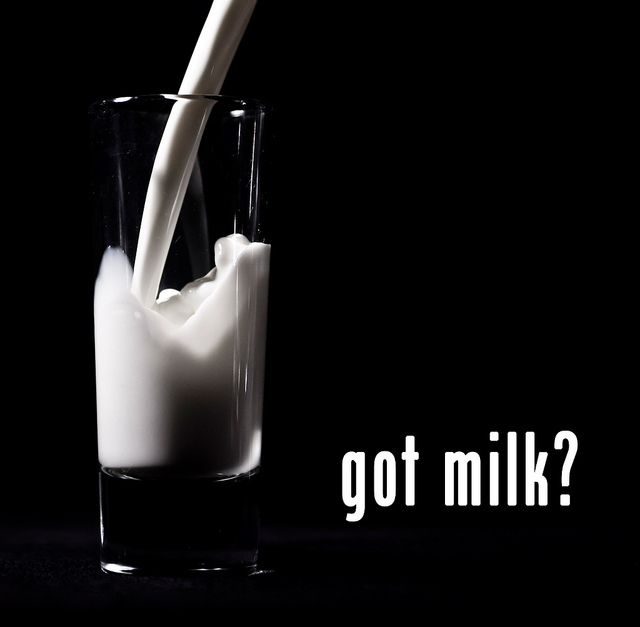In an interview posted on Yahoo, the “Chief Content Officer” at Playboy offers his advise about talking to kids about porn.
What is there to say about this?
Jimmy Jellinek is entitled to his opinion. His perspective is obviously informed by his vocation. A man who works as the chief content officer for a pornographic enterprise is bound to be biased in his perspective on the meaning of pornography in the human experience.
He makes the accurate observation that: “porn isn’t real, it’s artifice”. So far so good so. But what he does with his observation is not so good.
He says it’s important to teach our children the difference between love and affection, and exploitative sex.
He he does not use the term “exploitive sex”. But he does describe “sex that “demeans” means someone is problematic. The problem is, when is pornography not demeaning?
Mr. Jellinek fails to address this question. By its very nature, because pornography is “artifice” it exploits humanity insofar as any artifice is a misrepresentation of the human experience. Any expression that misrepresents the human experiences is to some degree pornographic.
In this sense, advertising is a form of pornographic expression. When an advertisement portrays drinking milk as a means to fulfillment and happiness, it is exploitative.
The difference between the milk advertisement and pornography is that human sexuality reaches deeply into the dopamine system of the brain and rewires the pleasure center so that one’s orientation to sex becomes disordered in a way that it does not become disordered when you drink milk.
A second problem, is that while Mr. Jellinek wants to keep pornography out of hands of children, he believes it’s perfectly healthy to put in the hands of adults. He assumes, but fails to make the case, that somehow adults are immune to harm caused by certain choices. He actually says, “I like drinking, smoking dope, and watching porn, but I’m an adult.”
What is adult about adult bookstore, adult films, adult entertainment? To be an adult means to mature beyond adolescent preoccupation. It means to be able to enter into relationships of genuine intimacy that express appreciation, affirmation, and validation for the goods that are manifest in relationships of mutuality.
In our culture we allow adults to make poor choices because we do not want to infringe on personal freedom. But respecting personal freedom, and endorsing poor choices — even for adults — are two different things.
When adults fail to learn how be in relationship, an addictive process is likely to emerge. After all, healthy relationships is the antidote to addiction.
Mr. Jellinek’s thinking is distorted by his professional interests. However, he does recognize that in the long haul the problem is not really just pornography. It is also in how technology shapes and reshapes what it means to be human being.
“Instagram is just as destructive as pornography,” Mr. Jellinek say. “That is not real life — that’s someone’s curated version of themselves and they’re not happy all the time. It’s ok to be unhappy. Honestly, I worry more about the self esteem issues caused by social media than porn.”
Honestly, I worry more about the issues raised by any exploitive media that undermines the healthy development of real adults, in a real world, learning how to relate to each other in real ways. Mr. Jellinek and his industry is not helping.
Image by Pixagraphic

